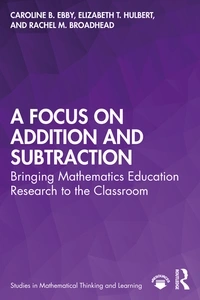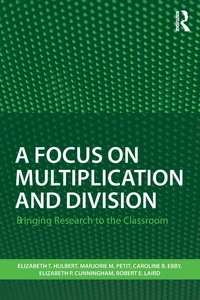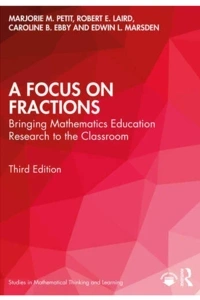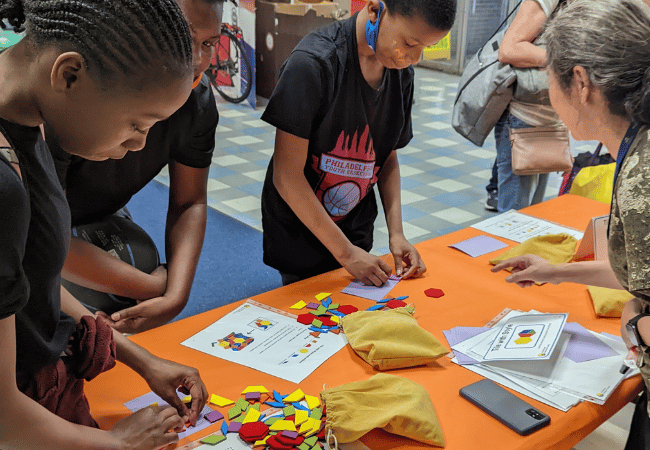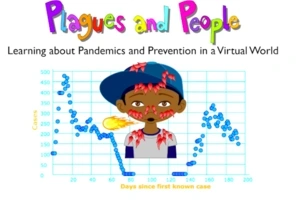Biography
Caroline Ebby has extensive experience bridging the worlds of university-based research and school-based practice in mathematics education. Prior to receiving her Ph.D. at the Graduate School of Education at the University of Pennsylvania, Dr. Ebby was a middle school mathematics teacher. In addition to teaching courses for preservice teachers and graduate students, she regularly provides continuing education and mathematics professional development for practicing teachers. She has expertise in using learning trajectories and practice-based approaches to support teachers in developing responsive mathematics instructional practices.
Since 2011, Dr. Ebby has been a senior researcher at the Consortium for Policy Research in Education where she conducts research-practice partnerships focused on improving teacher knowledge and mathematics instruction. Her research has been funded by the National Science Foundation, the Institute for Education Sciences, the Spencer Foundation, and the Heising Simons Foundation. She took a lead role in the development of TASK, an innovative assessment of teachers’ ability to analyze student thinking in relation to research-based learning trajectories. She is currently the director of the Responsive Math Teaching Project, a research-practice partnership focused on developing K–8 mathematics instructional leadership in a network of elementary schools in the School District of Philadelphia.
For the last decade, she has been partnering with the Ongoing Assessment Project (OGAP) to develop learning progressions for early number and additive reasoning, implement the OGAP formative assessment system in K–8 schools, and study the impact of OGAP on student and teacher learning. Together with the OGAP leadership team she has co-authored three books for practitioners on addition and subtraction, fractions, and multiplicative reasoning.
Education
- Ph.D. (Educational Leadership) University of Pennsylvania, 1997
- B.A. (English and Mathematics) Amherst College, 1988
Areas of Expertise
- Mathematics education
- Teacher education
- Formative assessment
- Teacher Professional Development
More Information
STEM FOR ALL Video Showcase: Formative Assessment Tools to Improve Early Math Learning
Academic Programs
Learning Sciences and Technologies, M.S.Ed. Teaching, Learning, and Leadership, M.S.Ed. Teaching, Learning, and Teacher Education, Ed.D. Teaching, Learning, and Teacher Education, Ph.D. Urban Teaching Apprenticeship, M.S.Ed.Research Interests and Current Projects
Dr. Ebby’s research focuses on teaching mathematics in ways that are responsive to student thinking, the use of mathematical learning trajectories to enhance the formative assessment process, early mathematics teaching and learning, and the development of K–8 mathematics instructional leadership. She is a founding member of the Community Based Mathematics Project, a web-based portal for locally relevant mathematics lessons that build on and reflect urban contexts.
Dr. Ebby has expertise in practice-based approaches for mathematics teacher education and the use of online video feedback to develop and refine responsive teaching. She is a national trainer for the Ongoing Assessment Project and led the implementation of OGAP in the School District of Philadelphia as well as the development of the formative assessment and professional development materials for number, addition, and subtraction in grades K–3. She is currently studying the efficacy of this learning trajectory-oriented approach to formative assessment on K–2 student learning.

